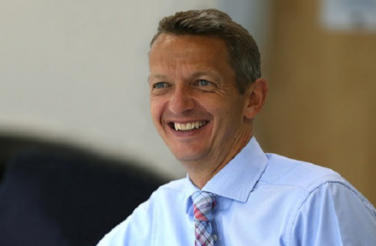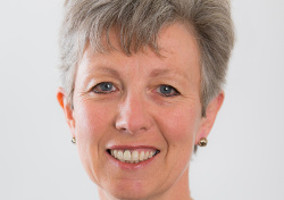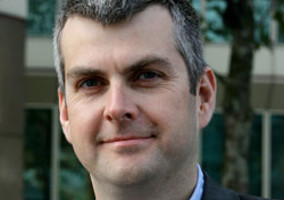Shifts in working patterns, new technologies and increased life expectancy are likely to lead to a significant increase in volunteering but charities will need to adapt to take advantage of it, the chief economist of the Bank of England said last night.
Andy Haldane, chief economist at the Bank of England and founder of Pro Bono Economics, was speaking at the latter's 10th anniversary lecture yesterday, which was titled 'The Third Sector and the Fourth Industrial Revolution'.
Artificial intelligence (AI) and better robotics are expected to redefine traditional jobs, leading to lower average working hours.
Future trends in the economy and society, including in technology will also mean longer working lives in the population.
Chronological age is expected to increase (the number of years lived) but biological age (health and fitness compared to previous generations) would go down.
At the same time, Haldane said people will look for new purpose in their lives and will be more likely to volunteer their time to good causes.
The total number of surplus hours is estimated to be between 10 and 16 billion each year by 2050, according to the Office for National Statistics and Pro Bono Economics.
"A mid-range estimate might be 6-8 billion hours – almost a doubling in volunteering resource. These estimates, while rough, are striking in scale," Haldane told the audience.
A premium on interpersonal skills
Haldane said: "Technology will transform our future working lives and working habits. The rise of AI will put an even greater premium on interpersonal skills and emotional intelligence – EQ rather than IQ.
“In this environment, people will be drawn to an even greater extent than in the past to purposeful activities which use and develop these skills.
“That includes volunteering, for example in the NHS or in charities.
“Doing so will enhance people’s lives and well-being, improve the effectiveness of charities and the NHS and create much-needed social capital for societies.”
A new civic society
Haldane made suggestions for a new model of civic society that was more structured, more formal and more visible.
"If the voluntary sector were to find itself with a significantly increased resource endowment, there would be an accompanying and reasonable rise in its perceived societal responsibilities. Doubled in size, the third sector would no longer be invisible," he said.
Haldane added that "a more formal and structured pathway for civic service" may be needed with more ways to reward, value and measure volunteering.
He said his priority would be in education, which could include citizenship qualifications or C-levels at schools in areas such as empathy, as well as giving young people experience of volunteering in communities.
|
Related articles










